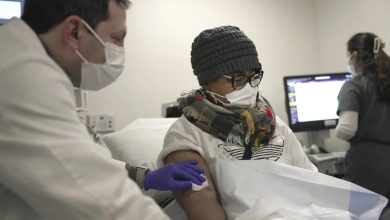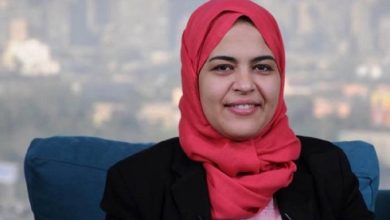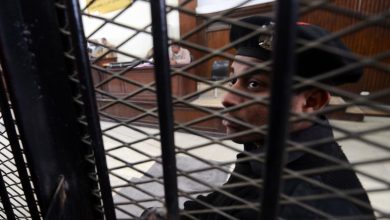Algerian Minister’s Claims About 9,000 Journalists Tarnishing the Country’s Image Sparks Controversy
Minister of Communication Mohamed Meziane’s statement on alleged global media attacks against Algeria ignites debate over the role and effectiveness of national media.

Watan-The statement made by Algeria’s Minister of Communication (Information), Mohamed Meziane, has sparked widespread controversy in media circles and on social media after he claimed that more than 9,000 journalists around the world are working to distort Algeria’s image. He emphasized that national media, particularly public television, must reclaim its role in countering these campaigns.
The minister’s remarks, made during a lecture at the University of Algiers 3 on “The Role of Developmental Media,” triggered a wave of reactions ranging from sharp criticism to cautious support. Others argued that the real problem does not lie with foreign journalists but rather with the performance of Algerian media itself.
Algeria’s Media Struggles: Fact or Failure?
Many questioned the number cited by the minister, wondering about its source and accuracy. Some contended that the real issue is not “media attacks” but rather the weakness of the national media in presenting a cohesive image of Algeria.
Journalist Mohamed Iwanougan commented: “When the Minister of Communication claims that 9,000 journalists worldwide are working to tarnish Algeria’s image, this does not mean that Algeria is right and the world is wrong. It simply means that Algeria has failed to change the stereotypical image of itself.” He added that Algeria, once known as the “Mecca of revolutionaries,” is now associated with a negative image, and not enough effort is being made to change this reality.
Similarly, journalist Najeeb Belhimer sarcastically criticized the minister’s remarks, suggesting that his statement itself could be more damaging to Algeria’s image than any external media campaign. He wrote in a post: “The Minister of Communication’s claim that 9,000 journalists worldwide are working to tarnish Algeria’s image might actually contribute more to distorting Algeria’s image than anything those 9,000 journalists—if they even exist—could do.” Belhimer also criticized the minister’s proposal that public television should be responsible for responding to these alleged attacks, calling it “the height of underestimating people’s intelligence.”
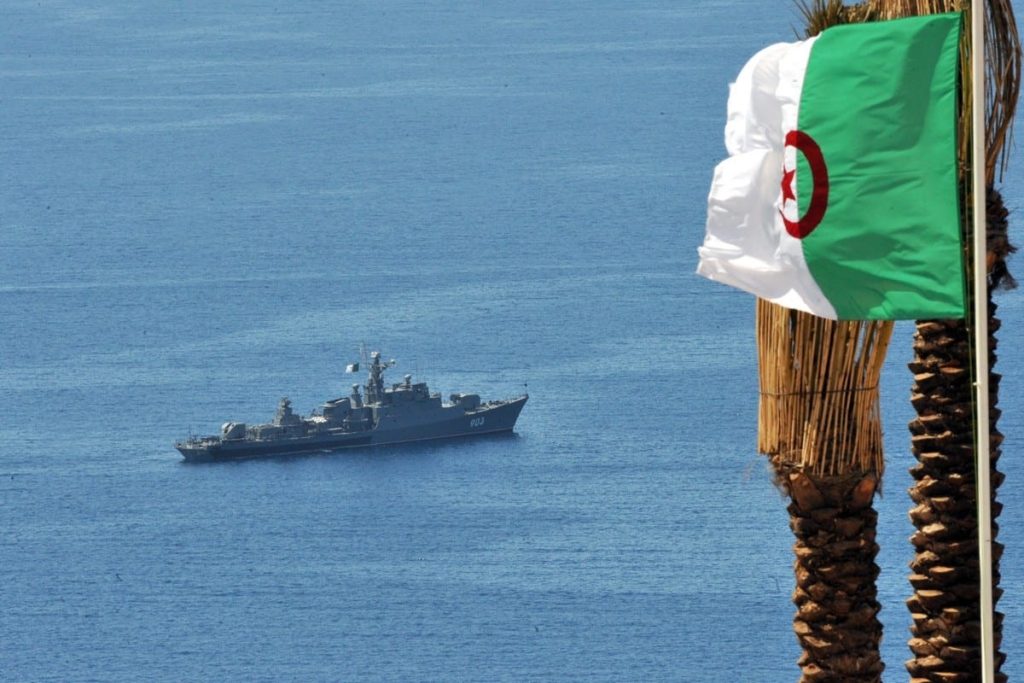
On the other hand, some took the minister’s remarks seriously, highlighting the internal challenges facing Algerian journalism. Journalist Malak Bouthina acknowledged that media campaigns against Algeria exist but argued that the real issue is that Algerian media has failed to take the initiative in defending the country’s image. She said: “Yes, there are those who seek to distort Algeria’s image, but we are the ones who left the field open for others to define us.
We haven’t written enough about our history, promoted our culture, or given our intellectuals a platform to speak.” She added that Algerian media operates in a state of “reaction” rather than proactively shaping its narrative, explaining: “We remain dormant, and when a blow comes, we wake up in panic and start defending ourselves—this in itself is a bad image of us.”
From a different perspective, former military officer and university professor Ahmed Azeemi argued that the real distortion of Algeria’s image did not come from foreign journalists but from within the country itself, recalling the years of corruption under the previous regime. He stated: “I am convinced that the biggest contributors to tarnishing Algeria’s image were the ‘gang’ and its paralyzed leader (a reference to the late President Abdelaziz Bouteflika).
For many years, we cried out with all our might, saying that things had reached the level of high treason, only to be accused of being traitors ourselves!” He added that Algeria now needs to move beyond the legacy of the past 20 years and work towards building a state based on justice and competence, as strong and cohesive societies are not easily influenced by external forces.
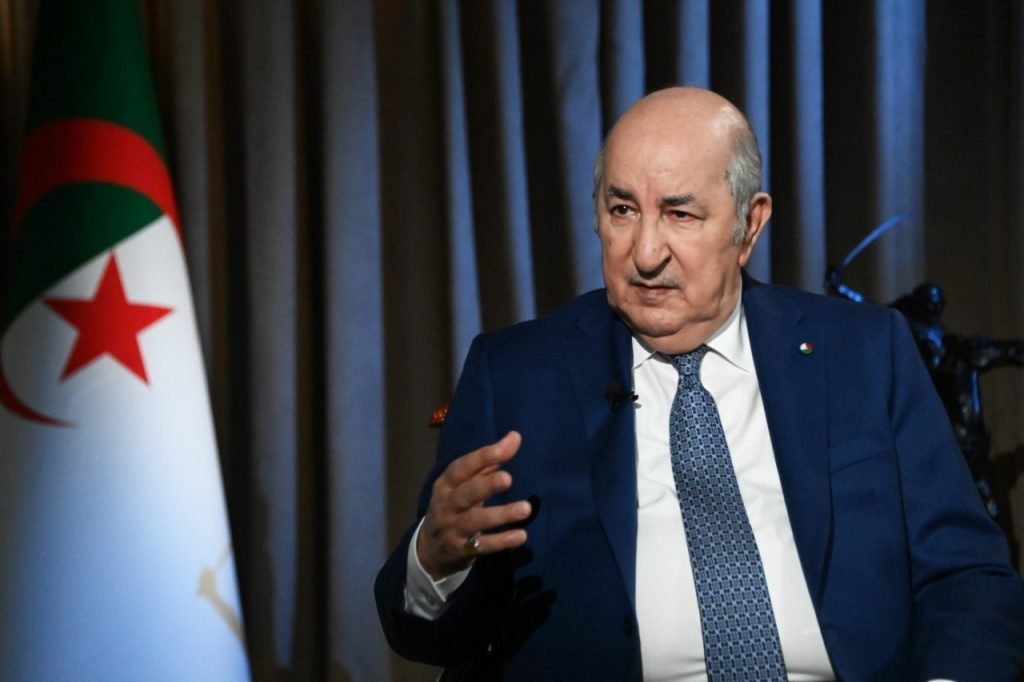
Meanwhile, journalist Ahmida Al-Ayashi raised questions about why Algeria’s image has deteriorated in international media, suggesting that the issue is not about the number of foreign journalists but rather the performance of Algerian institutions. In a post, he wrote: “The real question is not about 9,000 journalists working against us, but rather: What have we done to develop a professional, strong, diverse, and multi-faceted press? How did we reach this dire state of misery?”
Al-Ayashi also criticized the minister’s focus on supporting only state television and the Algerian news agency, asking: “Is private media not Algerian?” He further called for holding Algeria’s diplomatic corps accountable for its role in shaping the country’s image abroad, arguing that the money spent on embassies and cultural centers should have a greater impact in improving Algeria’s international reputation.
According to observers, this debate reflects deep divisions in opinions regarding the state of Algerian media and its role in defending the country’s image. It highlights the contrast between a propaganda-driven approach to shaping Algeria’s image and an openness to press freedoms, which could ultimately provide the country with a more positive global reputation.



